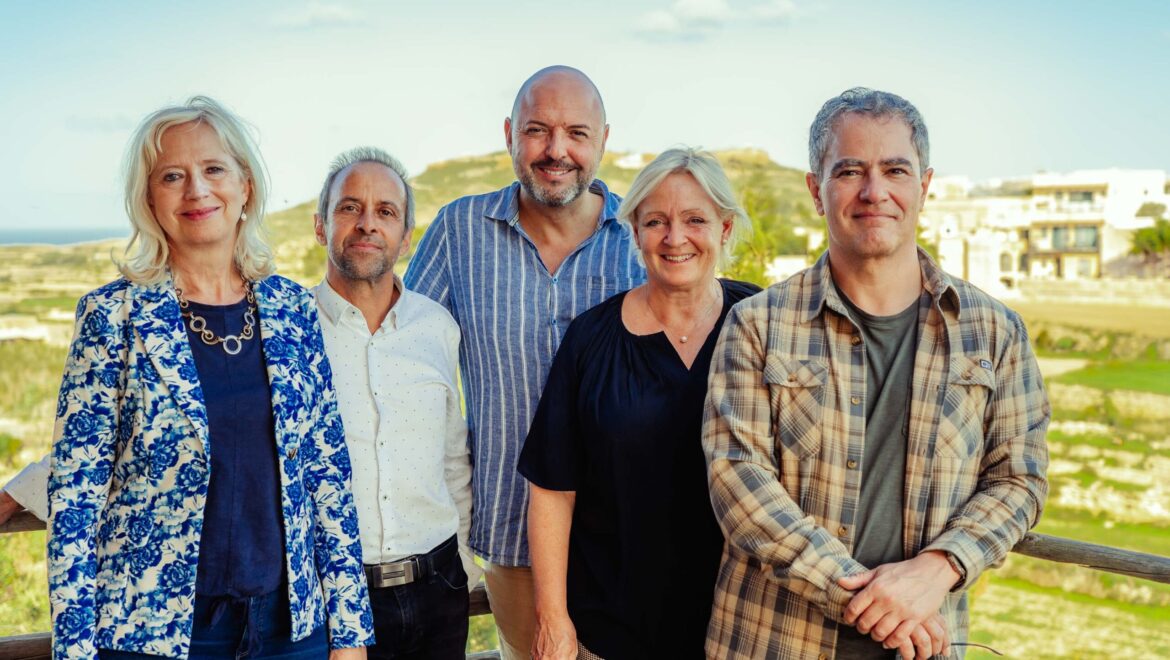IGCAT’s Executive Board met in Gozo to approve IGCAT’s 2025–2030 Roadmap: From Recognition to Measurable Impact. The plan confirms IGCAT’s consolidated global brand, active role in international forums, and strong leadership, and pivots firmly toward results: evidence-based regional impact, inclusive financing for lesser-economically favoured regions, and a clear policy voice linking food culture with health, circularity, and the environment.
Building on ten years of IGCAT Expert meetings and a growing library of reports, this work has now evolved into the World Gastronomy Summits, whose first successful edition took place in Catalonia, World Region of Gastronomy 2025. That summit culminated in a declaration presented with UNESCO to governments worldwide, calling for food to be treated as a cultural asset.
Looking ahead, forthcoming World Gastronomy Summits will address priority themes: Manabí, Ecuador (October 2026) will focus on empowering young people through gastronomy, while Vanuatu (2027) will highlight regenerative practices in agriculture and tourism.
Concrete initiatives already underway include the flagship “First 10 Years — 21 Regions Awarded” book showcasing best practices, authored by IGCAT President Dr. Diane Dodd.
A rebranding and unifying web ecosystem is currently underway:
- worldregionofgastronomy.org
- europeanregionofgastronomy.org
- foodfilmmenu.org
- worldfoodgiftchallenge.org
- europeanyoungchefaward.org
- topfoodiewebsites.org
Next steps include strengthening monitoring-and-evaluation to help regions demonstrate progress, as well as expanding award-readiness training and member webinars to share knowhow throughout the network of awarded regions.
Targeted partnerships with UNESCO, UNWTO, SlowFood, Croptrust, Future Food Institute, Food Capitals of Délice Network, Regenerative Vanua, Plastic Free Foundation are already beating fruit and will equip awarded regions to turn strategy into durable outcomes, reinforcing the World and European Region of Gastronomy as trusted hallmarks of quality and impact.
The bottom line:
IGCAT has consolidated its brand and global standing; the next leap is evidence-rich impact at regional level, backed by resilient governance and inclusive financing. With two World Gastronomy Summits in the pipeline, flagship publications nearing completion, and a sharpened focus on training, IGCAT is poised to help more regions harness gastronomy—protecting food diversity, advancing circular and regenerative economies, and improving community health.
25 October 2025
